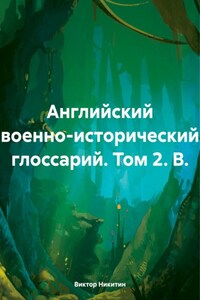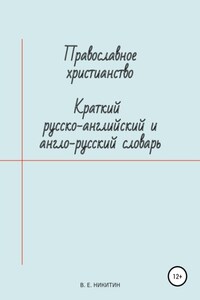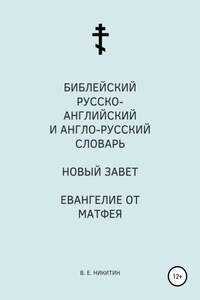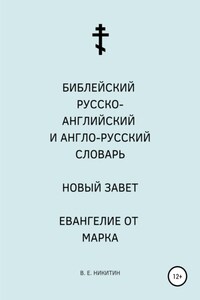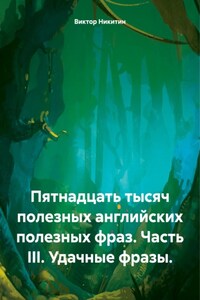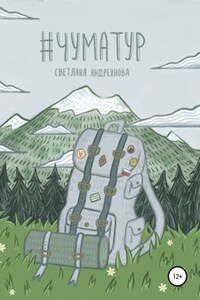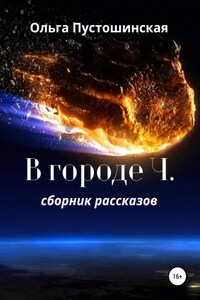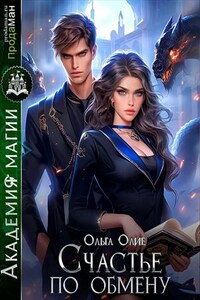B.
BACK-Step, the retrograde movement of a man or body of men without changing front; it is half the forward step.
BACKWARDS, a technical word made use of in the British service to express the retrograde movement of troops from line into column, and vice versa. See Wheel.
BAGGAGE, in military affairs, signifies the clothes, tents, utensils of divers sorts, and provisions, &c. belonging to an army.
Baggage-Waggons. See Waggons.
BAGPIPE, the name of a musical warlike instrument, of the wind kind, used by the Scots regiments, and sometimes by the Irish. Bagpipes were used by the Danes; by the Romans, and by the Asiatics at this day; there is in Rome a most beautiful bas-relievo, a piece of Grecian sculpture of the highest antiquity, which represents a bag-piper playing on his instrument exactly like a modern highlander. The Greeks had also an instrument composed of a pipe and blown-up skin. The Romans in all probability, borrowed it from them. The Italians still use it under the names of piva and cornumusa. The Bagpipe has been a favorite instrument among the Scots. There are two varieties: the one with long pipes, and sounded with the mouth; the other with short pipes, filled with air by a bellows, and played on with the fingers: the first is the loudest and most ear-piercing of all music, is the genuine highland pipe, and is well suited to the warlike genius of that people. It formerly roused their courage to battle, alarmed them when secure, and collected them when scattered: solaced them in their long and painful marches, and in times of peace kept up the memory of the gallantry of their ancestors, by tunes composed after signal victories. The other is the Irish bagpipe.
BAGS, in military employments, are used on many occasions: as,
Sand Bags, generally 16 inches diameter, and 30 high, filled with earth or sand to repair breaches, and the embrasures of batteries, when damaged by the enemies fire, or by the blast of the guns. Sometimes they are made less, and placed three together, upon the parapets, for the men to fire through.
Earth-Bags, containing about a cubical foot of earth, are used to raise a parapet in haste, or to repair one that is beaten down. They are only used when the ground is rocky, and does not afford earth enough to carry on the approaches.
BALANCE, Fr. a term used in the French artillery to express a machine in which stores and ammunition are weighed.
BALL, in the military art, comprehends all sorts of balls and bullets for fire-arms, from the cannon to the pistol.
[31]
Balls of Lead, of different kinds.
Lead balls are packed in boxes containing each 1 cwt. About 4 pounds of lead in the cwt. are generally lost in casting. See Shot.
Cannon-Balls are of iron; and musket and pistol-balls are of lead. Cannon-balls are always distinguished by their respective calibres, thus,
Fire-Balls, -
Light-Balls,
of which there are various sorts, used for various purposes. Their composition is mealed powder 2, saltpetre 1¹⁄₂,
sulphur 1, rosin 1, turpentine 2¹⁄₂. Sometimes they are made of an iron shell, sometimes a stone, filled and covered with various coats of the above composition, until it conglomerates to a proper size; the last coat being of grained powder. But the best sort in our opinion, is to take thick brown paper, and make a shell the size of the mortar, and fill it with a composition of an equal quantity of sulphur, pitch, rosin, and mealed powder; which being well mixed, and put in warm, will give a clear fire, and burn a considerable time.
When they are intended to set fire to magazines, buildings, &c. the composition must be mealed powder 10, saltpetre 2, sulphur 4, and rosin 1; or rather mealed powder 48, saltpetre 32, sulphur 16, rosin 4, steel or iron filings 2, fir-tree saw-dust boiled in saltpetre ley 2, birch-wood charcoal 1, well rammed into a shell for that purpose, having various holes filled with small barrels, loaded with musket-balls; and lastly the whole immerged in melted pitch, rosin and turpentine oil.
Smoke-Balls are prepared as above, with this difference, that they contain 5 to 1 of pitch, rosin and saw-dust. This composition is put into shells made for that purpose, having 4 holes to let out the smoke. Smoke-balls are thrown out of mortars, and continue to smoke from 25 to 30 minutes.
Stink-Balls are prepared by a composition of mealed powder, rosin, saltpetre, pitch, sulphur, rasped horses and asses hoofs, burnt in the fire, assa-fœtida, seraphim gum or ferula, and bug or stinking herbs, made up into balls, as mentioned in Light-Balls, agreeably to the size of the mortar out of which you intend to throw them.
Poisoned Balls. We are not sure that they have ever been used in Europe; but the Indians and Africans have always been very ingenious at poisoning several sorts of warlike stores and instruments. Their composition is mealed powder 4, pitch 6, rosin 3, sulphur 5, assa-fœtida 8, extract of toad’s poison 12, other poisonous substances 12, made into balls as above directed. At the commencement of the French Revolution poisoned balls were exhibited to the people said to have been fired by the Austrians, particularly at the siege of Lisle. We have seen some of this sort. They contained glass, small pieces of iron, &c. and were said to be concocted together by means of a greasy composition which was impregnated with poisonous matter. In 1792, they were deposited in the Archives of Paris.
Red-hot Balls are fired out of mortars, howitzers, or cannon. Use which you will, the ball must be made red-hot, which is done upon a large coal fire in a square hole made in the ground, 6 feet every way, and 4 or 5 feet deep. Some make the fire under an iron grate, on which the shell or ball is laid; but the best way is to put the ball into the middle of a clear burning fire, and when red-hot, all the fiery particles must be swept off. Whatever machine you use to throw the red-hot ball out of, it must be elevated according to the distance you intend it shall range, and the charge of powder must be put into a flannel cartridge, and a good wad upon that; then a piece of wood of the exact diameter of the piece, and about 3¹⁄₂ inches thick, to prevent the ball from setting fire to the powder; then place the ball on the edge of the mortar, &c. with an instrument for that purpose, and let it roll of itself against the wood, and instantly fire it off. Should there be a ditch or parallel before such a battery, with soldiers, the wood must not be used, as the blast of powder will break it to pieces, and its own elasticity prevent it from flying far; it would in that case either kill or wound your own people. For this deficiency the wad must be double. See American Mil. Lib. article Artillery.
